Neatorama |
- Scientists Receive Signals Back From The Reflector Panels Near The Moon
- PooPoo Smoothies, Anyone?
- Working Around English
- Kids Are Spending More Time on Screens, Now What?
- Vacation Simulating Machine
- Winners of This Year’s Macro Art Photography Awards Showcase The Tiny Worlds On Our Planet
- Is Showering Really Necessary?
- Check Out This Foldable E-Reader
- The Dolphin Who Guided Ships Across The French Pass
- Wild TV Shows You've Never Seen (Because They Never Aired)
- How Did Artificial Intelligence Beat Us At Our Own Games?
- A Bridge Above: 20 Years of the International Space Station
- Lee Kang Bin's Colorful Latte Art
- Meet The Ultimate DIY Portable Computer
- The Evolution Of Camping Tech
| Scientists Receive Signals Back From The Reflector Panels Near The Moon Posted: 11 Aug 2020 11:10 PM PDT
Dozens of times over the last decade, scientists from NASA have aimed laser beams towards the reflector panel attached to the Lunar Reconnaissance Orbiter near the Moon, which is about 385,000 km from our planet. Out of all these attempts, however, these scientists were not able to receive a signal back. But just recently they succeeded. [NASA scientists] and French colleagues have announced, in a paper in the journal Earth, Planets and Space, that a returning signal has been received, and this, they say, could help decide whether the last working science experiment from the Apollo era still has something to give. The reflector is mounted on the Lunar Reconnaissance Orbiter (LRO), which has been studying the Moon from its orbit since 2009. It was placed there as a target to test the reflecting power of panels left on the lunar surface half a century ago. The panels have one job, but they've done it well. Aim a beam of light at them and measure the amount of time it takes for the light to come back, and you know how far away they are. For decades, scientists have been doing this experiment (using the reflector panels on the Moon) and have made major discoveries. One of the biggest [discoveries] is that the Earth and Moon are drifting apart at about the rate that fingernails grow: 3.8 centimetres a year. This is the result of gravitational interactions between the two bodies. More details about this at Cosmos. (Image Credit: NASA/ Cosmos) |
| Posted: 11 Aug 2020 11:10 PM PDT
If you ever go to China, consider looking for this certain store that serves yellowish brown smoothies, which are, for some reason, called PooPoo Smoothies. The said smoothies can come with a white swirl on top, which is more expensive, or the one without the swirl, which comes with diced mangoes. Engrish user The_YongGrand says that the "Poo" in the "PooPoo" could mean "burst", "pop", or "explode." It sound[s] like "Pow-Pow" in Cantonese. Or if they are creative with it, they could use "Pop-pop" or "Boom-Boom". "Pop-pop" sounds much more relevant to the drink since it's all about bursting the little pearls when you are drinking it. Would you drink one? Image via Engrish.com |
| Posted: 11 Aug 2020 05:00 PM PDT
Have you ever had a brain fart and couldn't think of a word you really needed? Or more commonly, couldn't think of the word in your second language? It happens all the time, but often people can come up with a description using other words, often painting a delightfully funny picture. The example above wasn't so much a "lost" word, but one that the audience did not know. Others also had to go the long way around to convey their meaning.
You can listen to that video here. See dozens of other funny examples of "what's the word for..." at Bored Panda. |
| Kids Are Spending More Time on Screens, Now What? Posted: 11 Aug 2020 04:34 PM PDT
Kids are heavily affected by lockdowns across the world. With families encouraged to stay at home and not go somewhere else, unless it is an emergency, kids have nowhere to go, and they normally spend their day just looking at screens. Television, apps, video games, video calls, social media, virtual playdates, and online classes. These are the methods of entertainment, communication, and education these days. The trend toward technology makes sense: with progress comes more tech, but, for years, pediatricians and mental health providers have warned against too much "screen time." According to the American Academy of Pediatrics, children under two should avoid screens except for video chatting and that children ages two to five should be limited to one hour of "high quality programming" a day. That would be two episodes of "Sesame Street," or up to six single episodes of "Daniel Tiger's Neighborhood" episodes. Older kids can have up to two hours a day. With parents having limited options, how should they deal with their kids having more screen time than pediatricians recommend? Pediatricians advise that parents monitor the content that their kids consume, ensuring that the content is meaningful. More details about this over at JSTOR Daily. (Image Credit: StockSnap/ Pixabay) |
| Posted: 11 Aug 2020 04:32 PM PDT
|
| Winners of This Year’s Macro Art Photography Awards Showcase The Tiny Worlds On Our Planet Posted: 11 Aug 2020 11:07 AM PDT
Barbora Polivkova captured a cute moment in the rainforest. In his photo, a tiny frog, possibly only a few millimeters in length, can be seen sitting on a purple flower. In another photo, this time captured by Australian photographer named Peter Pullan, a knot can be found to have formed on a eucalyptus tree. Pullan cleverly makes the photo look like something from a drone shot. These and other photos are the winners of the 2020 Macro Art Photo Awards. The Macro Art Photo Awards are part of the International Garden Photographer of the Year competition, an annual global search for the best in garden, plant, flower and botanical photography. The primary competition is still open for entries but there are several annual smaller sub-contests including Black And White, Still Life, and Macro awards. See the spectacular photos over at New Atlas. (Image Credit: Barbora Polivkova/ New Atlas) |
| Is Showering Really Necessary? Posted: 11 Aug 2020 10:49 AM PDT
"Five years ago, I stopped showering." This was the bold confession that James Hamblin, physician and staff writer at The Atlantic, wrote in his book titled Clean: The New Science of Skin. "At least, by most modern definitions of the word," he clarifies. "I still get my hair wet occasionally, but I quit shampooing or conditioning, or using soap, except on my hands," Hamblin continues. He has also stopped using products that he had always associated with "being clean", such as exfoliants, moisturizers and deodorants. This just might be one of the most shocking revelations a person can tell you. But he doesn't recommend this practice to everyone. In polite company, Hamblin's confession tends to land like the Hindenburg, which reveals just how obsessed we've become with surface notions of cleanliness — and how reluctant we are to disavow them. But Hamblin thinks the sensible-sounding idea that we should scrub up regularly is both simplistic and wrongheaded. When you take a soap-slathered loofah to your greasy pelt, he says, you're actually destroying an interdependent microbial universe, or microbiome, on the surface of your skin. "When we clean ourselves," Hamblin writes, "we at least temporarily alter the microscopic populations — either by removing them or by altering the resources available to them." By chasing that born-again post-shower rush, in other words, we stymie one of evolution's best strategies to shield us from disease and keep out invaders. Hamblin may have stopped showering, and he may have stopped using beauty products, but it doesn't mean that his skin and hygiene has gotten worse. In fact, it has become better. He states that his skin has become less oily, and he has got fewer patches of eczema. That's why Hamblin plans to continue his shower-free routine for now— as long as his odor doesn't send others fleeing from the room. It hasn't so far, he reports: "I didn't smell like pine trees or lavender, but I also didn't smell like the oniony body odor that I used to get when my armpits, used to being plastered with deodorant, suddenly went a day without it." Know more details about Hamblin's revelation over at Undark. (Image Credit: tookapic/ Pixabay) |
| Check Out This Foldable E-Reader Posted: 11 Aug 2020 10:49 AM PDT
With the recent release of Samsung's Galaxy Z Fold 2, foldable smartphones are slowly becoming mainstream. This foldable feature is also slowly making its way to e-readers. The E Ink Corporation, the company behind the digital paper tech found in the majority of e-readers, is trying to make it happen. The firm's R&D lab has been developing foldable e-ink screens for a while, and its latest prototype clearly demonstrates the idea's potential. [...] The overall concept is intriguing. As with folding smartphones, a foldable e reader promises more screen real estate in a smaller package. There's also the pleasing familiarity of the folding format, making the device more like a book or notepad. Add in the capacity to take notes and sync reading material and you'd have an extremely useful bit of kit. The concept, however, currently has lots of room for improvement. It would probably be years before this technology overtakes the pen and paper. What are your thoughts about this one? (Image Credit: GoodEReader.com/ The Verge) |
| The Dolphin Who Guided Ships Across The French Pass Posted: 11 Aug 2020 10:49 AM PDT
Found at the north end of New Zealand's South Island is a narrow and treacherous stretch of water known as the French Pass. Currents here are so strong it can drag ships easily and smash them against the rocks. Thus, sailors always avoided this stretch of water. The very first European attempt to navigate through these narrows was a near disaster. French Admiral Jules Dumont d'Urville was mapping the coast of the South Island in 1827 when he instructed his navigator to enter the pass. Situated between Rangitoto ki te Tonga, also known as D'Urville Island (after the Admiral himself), and the mainland coast, the French Pass saves about 15 miles of distance for those wishing to sail between the North and the South Islands. The alternative is to go around D'Urville Island and through heavy cross seas. As d'Urville's ship Astrolabe, a formidable warship of the French Navy, approached the narrowest part of the pass, the vessel swung sideward and the rising tide took the ship towards the rocky shore. Even as the ship's crew struggled to regain control of the vessel, Astrolabe struck rocks twice, and was washed over the reef. After the incident, d'Urville suggested that no one should attempt to navigate French Pass except in extreme. Over sixty years would pass before the French Pass became a natural route for sailors who travel between Wellington and Nelson. But it wasn't because ships were more navigable after six decades, nor was it because sailors became more skillful. Rather, it was because of a dolphin called Pelorus Jack, who, for 24 years, guided almost every ship that went through the Pass. Learn more about this dolphin over at Amusing Planet. (Image Credit: Wikimedia Commons) |
| Wild TV Shows You've Never Seen (Because They Never Aired) Posted: 11 Aug 2020 10:49 AM PDT
For every TV show that makes it onto broadcast (or streaming), there are countless others that went into development but were never aired. Some even had episodes ready to go before the plug was pulled. Commando Nanny sounds like it may have just as well been forgotten even without all the mishaps, since the trope of "family hires funny maid/nanny/butler who shakes things up" trope has been used a million times already. Others just sound like a bad idea from the beginning.
|
| How Did Artificial Intelligence Beat Us At Our Own Games? Posted: 11 Aug 2020 07:54 AM PDT
Do you get frustrated when you can't defeat the AI player in chess? It seems that your opponents are always one step ahead of you. While we make mistakes, computers can master games; they're able to run enough simulations to anticipate every move of the player. That's how they're able to defeat a normal player, and why some of us groan in frustration. Popular Science details the history of how machines are able to beat humans at their own games. Check the full piece here. image via Popular Science |
| A Bridge Above: 20 Years of the International Space Station Posted: 11 Aug 2020 07:54 AM PDT
In celebration of the anniversary, NASA has been posting space station news of 20 years ago at their website. Although there doesn't seem to be a tag to load all the historical posts at once, there are links to the left to read more. -via Geeks Are Sexy |
| Lee Kang Bin's Colorful Latte Art Posted: 11 Aug 2020 07:44 AM PDT Lee Kang Bin is a food artist in Korea. He focuses primarily on colorful lattes, but also works with pastries. I'm struck by his departure from the often monochromatic use of latte art into a world of color. He imitates great artists with works you will recognize, but also makes original images of flowers. |
| Meet The Ultimate DIY Portable Computer Posted: 11 Aug 2020 07:44 AM PDT
If you're tired of the quality smartphones come in nowadays, or would just like the idea of building gadgets on your own, the Zero Terminal project might catch your interest! The project is a Raspberry Pi Zero connected to a 5.5-inch AMOLED touchscreen with a 1,200mAh battery. It has a USB port, a microSD slot for the operating system, a mini-USB port, and a power switch. Input Magazine has more details: New in the latest iteration of Zero Terminal are 40-pin sockets that can be used to connect additional I/O connections, like extra USB ports or HDMI video out. In the video above showing off the device, the creator of the Zero Terminal connected a slide-out keyboard. The modularity allows for all kinds of possibilities. You can't run some powerful operating systems like Windows on the Raspberry Pi Zero, of course – it has a very small 1GHz CPU and 512MB of RAM. But slap a radio on there and you can get a little mobile computer for completing basic computing tasks. Even from the Raspberry Pi OS, you could use the terminal to connect to services like Twitter and send out messages and then disconnect the radio to dip off the grid. If you really wanted to make this a powerful pocket computer you could use a Raspberry Pi 4, which features a quad-core ARM processor and supports up to 8GB of RAM. image via Input Magazine |
| Posted: 11 Aug 2020 07:44 AM PDT
Camping was once a way for people to experience life without the modern marvels of technology. That's still an option today, but some prefer unfolding their portable ovens and making sure that their phones remain charged. With the rise of glamping and festivals, people are now packing more than just their traditional camping gear, as The Guardian details: "People are making things a bit more bespoke," said Mike Attwooll, product buyer at the camp shop Attwoolls. "You go out for the day and back to your base at night and it's like home." Ten years ago electrical hook-ups were unusual, but now they are the norm, he said, as campers look to plug in phones and run equipment they would previously have left behind. He had recently seen photos of someone holding a film night in their tent using a mini-projector, he said. James Warner Smith of the website Cool Camping said technology had brought modern campers a whole range of choices. "Some guys have developed a folding pizza oven that you can take with you. It does rotisserie chicken too," he said. "There's a no-electricity coffee maker, and there are quite few stoves that have USB ports in them so you can charge your phone while you are cooking." Image via The Guardian |
| You are subscribed to email updates from Neatorama. To stop receiving these emails, you may unsubscribe now. | Email delivery powered by Google |
| Google, 1600 Amphitheatre Parkway, Mountain View, CA 94043, United States | |
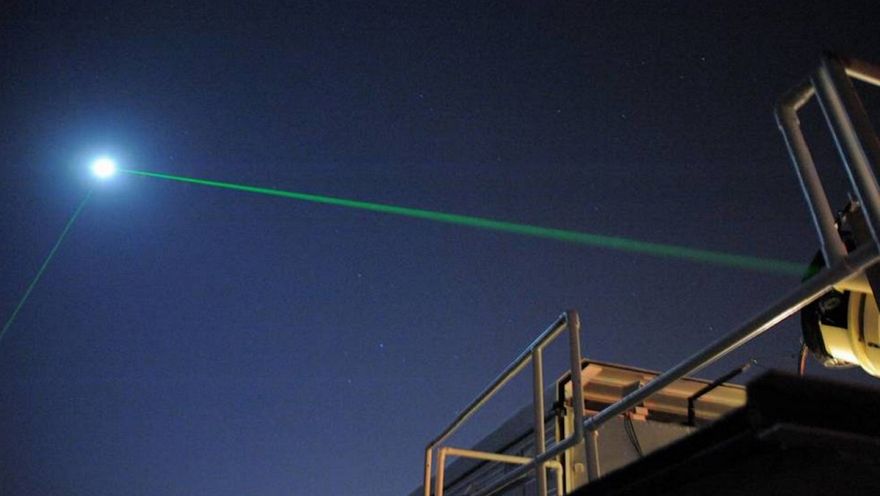


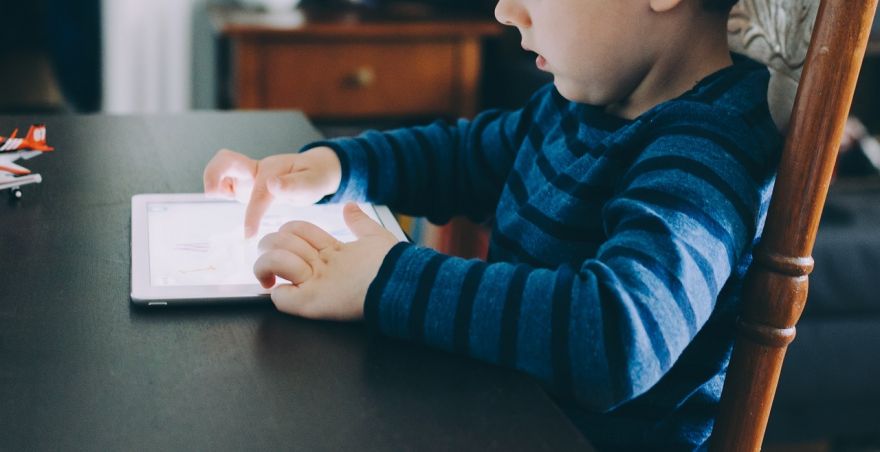







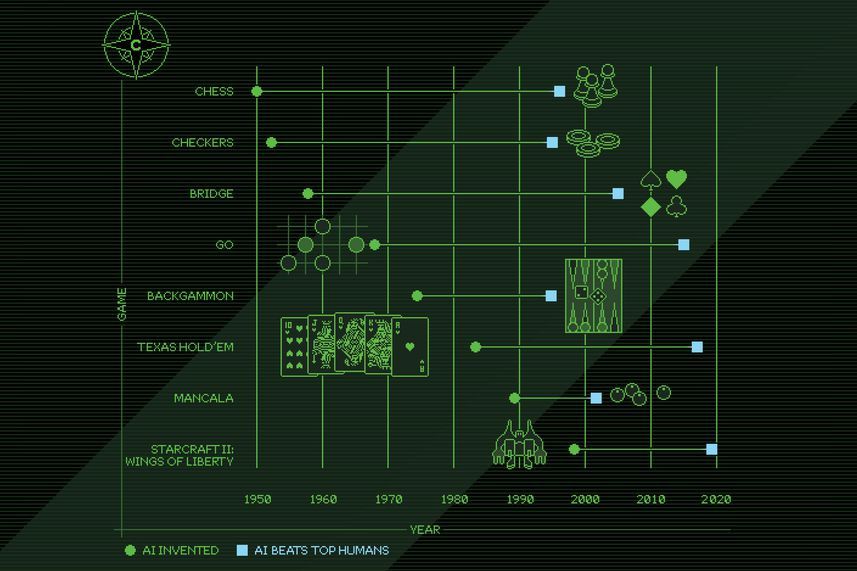

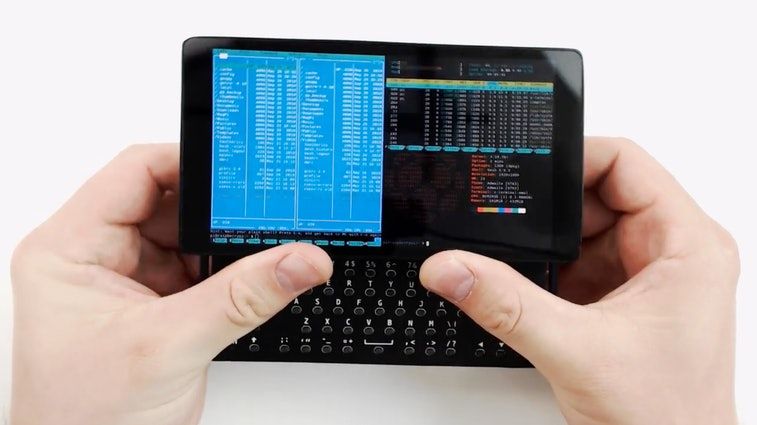
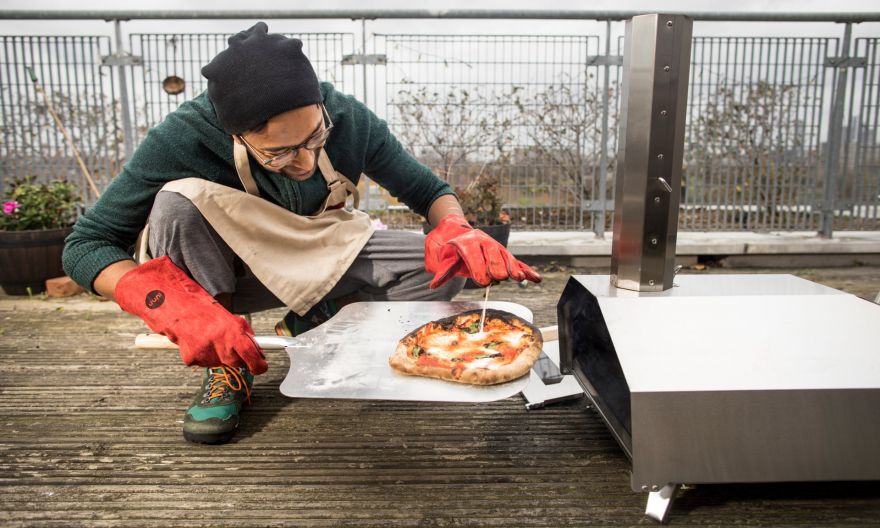
No comments:
Post a Comment
Keep a civil tongue.